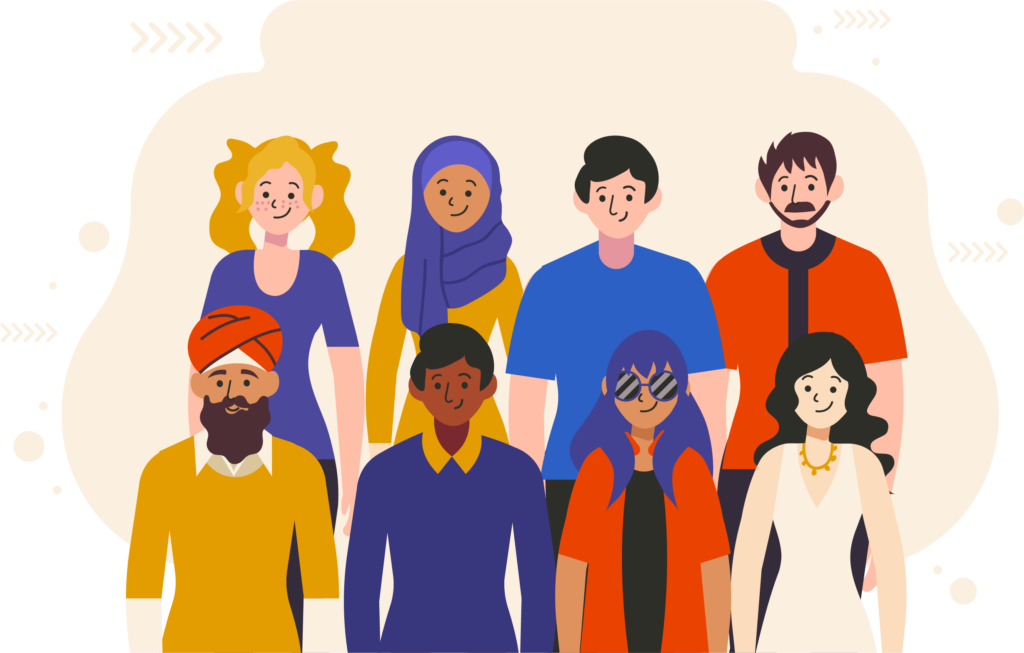Agenda and Priority
Since its inception, UNESCO has been working to improve and promote education worldwide through technical advice, benchmarking, initiatives, capacity-building and networking of educational institutions. UNESCO’s educational priorities include:
– Basic education for all with emphasis on literacy, HIV/AIDS prevention education and teacher training
– Secondary education, technical and vocational education and science and technology education
– Higher education.
Natural sciences
UNESCO helps to empower the capacity of developing and underdeveloped countries in the field of science, engineering and technology and has designed several international programs for better understanding, assessing and managing Earth systems.
UNESCO priorities in the field of natural sciences:
– Water and associated ecosystems, oceans
– Capacity-building in basic sciences and engineering, formulation of scientific policies and promotion of a culture of conservation
– Promotion of the application of science, engineering and appropriate technologies for sustainable development
– Management and use of natural resources, preparedness to deal with natural disasters and reduce their harmful effects, and renewable energy sources.
Humanities and Social Sciences

This branch of science plays a fundamental role in understanding and interpreting social, cultural and economic spaces and, by identifying the process of changes and developments, determines the axes of action and activity of the organization.
UNESCO’s priorities in the field of social and human sciences:
– Ethics of science and technology with emphasis on bioethics
– Promotion of human rights and the fight against all forms of discrimination, racism, xenophobia and inequality
– Philosophy, humanities, democracy and the development of human security
– Management of social changes.

Culture
It is the responsibility of UNESCO and its partners to respect and preserve cultures and to ensure that different cultures respect and strive to preserve each other, in a way that preserves their diversity and unity while interacting and coming closer together.
UNESCO’s priorities in the field of culture:
– Promotion of cultural diversity with special emphasis on the intangible and tangible cultural heritage
– Cultural policies and interreligious and intercultural understanding and dialogue
– Cultural industries, creativity and artistic expressions.
Communications and information
The Communication and Information Programme is inspired by UNESCO’s Constitution, which commits the Organization to promoting the free flow of ideas through word and image. UNESCO’s main objective is to create a knowledge-based society based on free access to information and to pay attention to all ethical, social and cultural dimensions related to communication and information within the framework of sustainable development.
UNESCO’s priorities for communication and information:
– Empowering people through access to knowledge and information, with particular emphasis on freedom of expression
– Developing the media
– Expanding the application of new information and communication technologies in the fields of education, science and culture.

